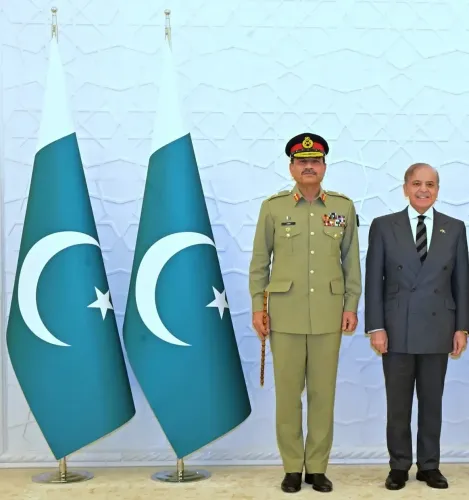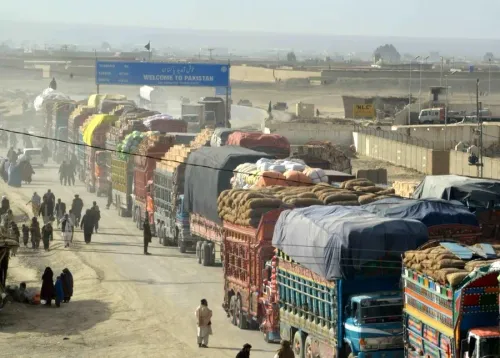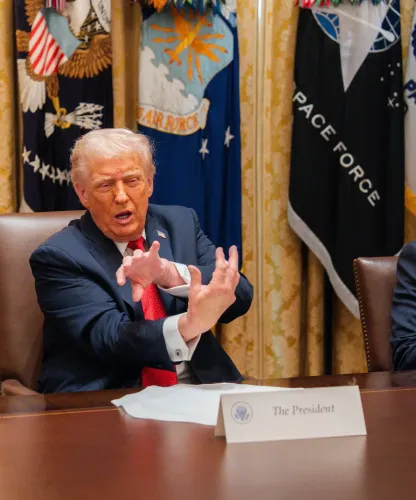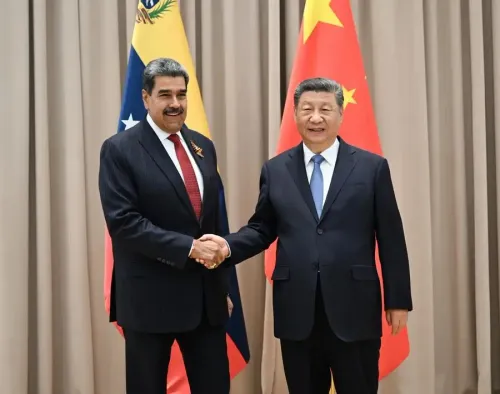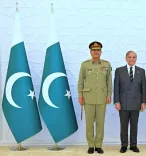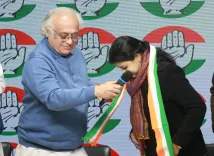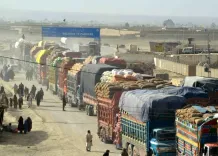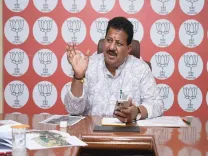Did the Infiltration of Vested Interests Lead to Violence in Nepal?
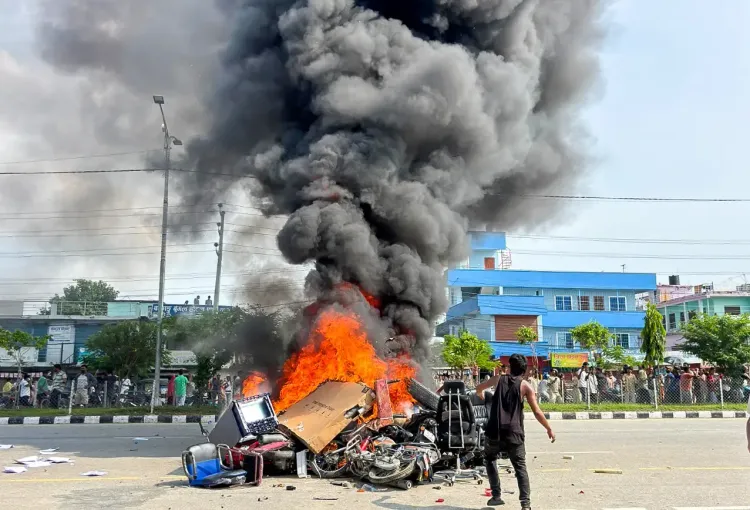
Synopsis
Key Takeaways
- The protests were initially peaceful but turned violent due to the infiltration of vested interests.
- KP Khanal condemned the destruction of properties and emphasized the need for peaceful protests.
- The resignation of Prime Minister KP Sharma Oli has created a political vacuum.
- Balen Shah has emerged as a potential leader for the new political course.
- Calls for dissolution of parliament may lead to a non-constitutional political process.
Kathmandu, Sep 9 (NationPress) KP Khanal, a prominent leader among GenZ, stated that the infiltration of vested interests during the protests against corruption and social media restrictions led to violence, resulting in nearly two dozen fatalities over a span of two days.
Despite the movement achieving its goal of ousting the unpopular government headed by Prime Minister KP Sharma Oli, Khanal and his fellow volunteers strongly condemned the destruction and arson of both government and private properties.
Following the tragic police shooting that claimed the lives of 19 individuals on Monday, demonstrators resorted to vandalizing significant state buildings, including Singh Durbar, the government’s administrative hub, the presidential office, the Supreme Court, residences of top political figures, including the now-resigned Prime Minister Oli, and headquarters of major political parties.
In addition, offices and storefronts of prominent business entities were also set ablaze, instigating widespread panic among the public. Smoke billowed from various locations across Kathmandu.
Khanal remarked, “We initiated a peaceful protest, but as the crowd grew, some individuals began attacking the parliamentary building, provoking a severe police response that led to multiple fatalities.”
“We do not endorse the assaults on public and private properties, yet we suspect that certain vested interest groups may be exploiting the GenZ movement as a cover for their destructive actions,” he added.
Following the collapse of the KP Sharma Oli government, there are rising inquiries regarding the future political direction. Balen Shah, a celebrated mayor of Kathmandu Metropolitan City, has surfaced as a key figure poised to lead the nation’s political future.
“Your generation must now take the reins of the country,” Shah expressed on Facebook, addressing GenZ protestors after Prime Minister KP Sharma Oli’s resignation.
He further advised, “Prepare for discussions with the army chief, but remember that the parliament must be dissolved prior to any such negotiations,” casting doubt on his involvement in the ongoing GenZ demonstrations.
Market speculation on Tuesday suggested that Shah could emerge as a formidable candidate for the next Prime Minister. A former rapper, he was elected as Mayor of Kathmandu in 2022 as an independent candidate with a significant victory.
Before the GenZ protests commenced on Monday, Shah had endorsed the planned demonstrations, despite declining to participate himself due to his age. Those born between 1997 and 2012 are classified as GenZ.
In light of the substantial property damage, the Chief of the Nepal Army has called for tranquility and dialogue with the protestors. However, Khanal is uncertain if his team will be included in the discussions.
“Numerous volunteer groups are engaged in the protests, and I am unaware of who will represent the GenZ delegation,” he stated.
He mentioned that his group did not request Mayor Shah to lead the negotiations with the Nepal Army.
“However, securing his support for our movement was crucial,” he added.
With Shah advocating for the dissolution of parliament, a new political direction may be pursued through non-constitutional avenues.
“If the parliament is dissolved, a pathway for a political resolution could be established,” Khanal concluded.


